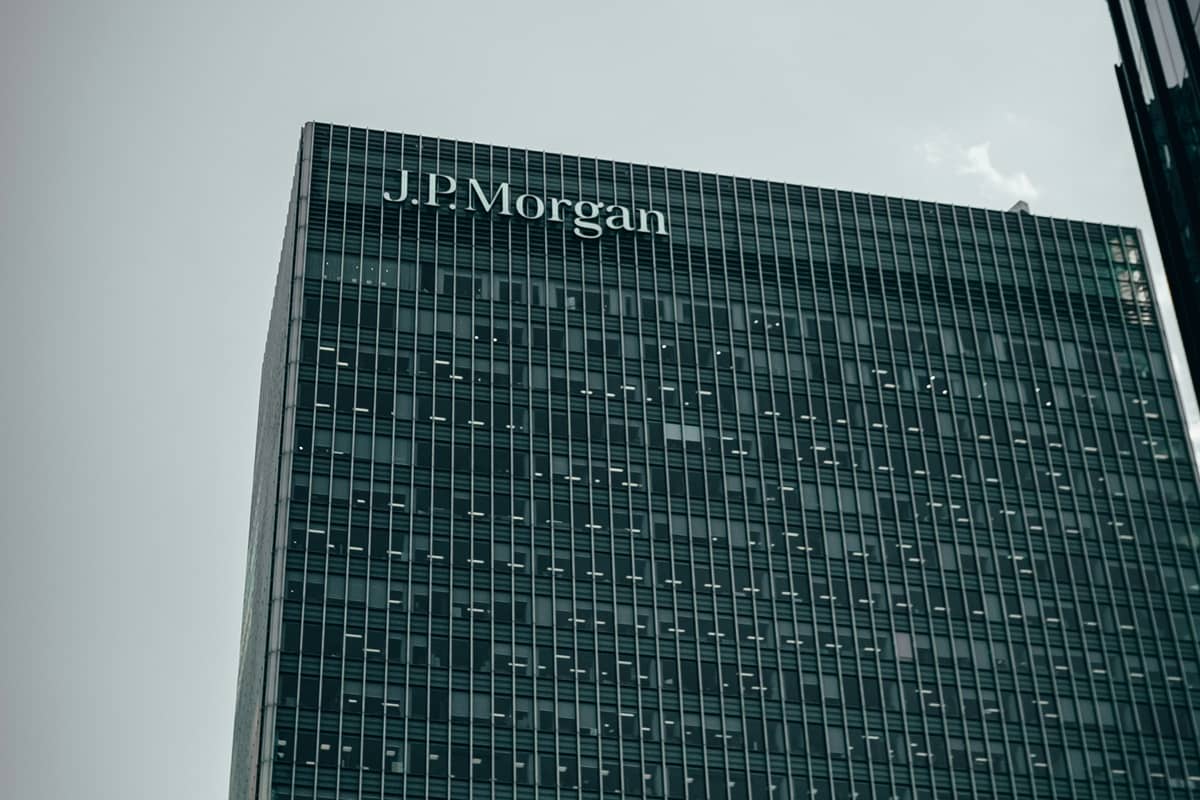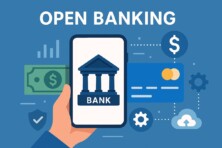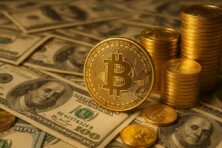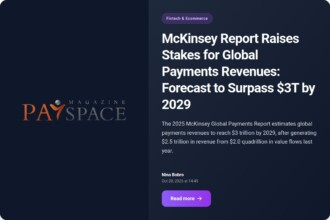JPMorgan Chase CEO Jamie Dimon on Monday, February 26, during a conversation with media representatives, stated his confidence that most owners of commercial real estate in the United States are able to successfully overcome the circumstances of the current state of affairs in the economic system of this country.

According to the head of the largest US bank by assets, those who own real estate in the mentioned category will be able to refinance and invest more capital if the negative recession scenario is not implemented.
Jamie Dimon also stated that many commercial real estate owners have already demonstrated their ability to cope with the current level of stress in the United States economy. According to him, the problems caused by low valuation and high interest rates are already known. Jamie Dimon predicts that in the future, negative circumstances will be recorded only in the so-called pockets of the commercial real estate sector. In his opinion, this vision of the future will be on a trajectory of gradual materialization, as long as the United States manages to avoid recession.
At the same time, Jamie Dimon warns that a possible further increase in interest rates and a subsequent decline in economic activity will increase the number of problems in the commercial real estate sector. He also noted that some banks will face negative factors due to the deterioration of the situation in the specified sector. Separately, Mr. Dimon paid attention that in this case, the consequences of increasing problems in the commercial real estate segment will be uneven for financial institutions. This means that some banks will incur higher costs than other lenders.
Jamie Dimon says that lower valuations, due to higher interest rates, are not a crisis, but a kind of well-known thing. According to him, the growth in default rates should be characterized as a normalization process after the low level of the corresponding figures.
In early February, the share price of regional financial institutions in the United States showed a significant decline. This trend was recorded after New York Community Bancorp (NYCB) published an activity report on January 31, which contained information about problems in the lender’s commercial real estate portfolio. Investors seek to assess the risks associated with the operation of other financial institutions.
Currently, regional players in the United States banking sector are under pressure. This state of the environment is the result of a high level of involvement of the mentioned financial institutions in the commercial real estate sector, which may be able to cope with the challenges of the current economic reality, as Jamie Dimon believes, but still today this is a problematic area. The actual strait of affairs is due to the influence of factors such as high borrowing costs and scaling trends in remote work.
NYCB reported an unexpected loss of $260 million for the last quarter of 2023. At the same time, for an analogue period in 2022, the financial institution recorded a profit of $164 million. The bank’s management stated that the negative result for the fourth quarter of last year was due to an increase in unforeseen loan losses, noting that especially this problem is relevant to office buildings.
On February 7, Moody’s investment agency downgraded NYCB’s credit rating to so-called junk. The agency’s experts said that the bank faces management problems and many-sided financial risks.
Another lender, PNC Financial Services Group, said in January that it saw an increase in delinquencies, total non-performing loans, and net loan charge-offs in the fourth quarter of 2023. The commercial real estate portfolio has made a significant contribution to this tendency. Compared to the third quarter of 2023, net loan charge-offs increased by 65% from October to December last year.
Robert Q. Reilly, executive vice president and chief financial officer of PNC, said that the bank is still experiencing the most stress in the CRE office portfolio, noting that net loan charge-offs in the last three months of the past year reached $56 million.
As we have reported earlier, JPMorgan Chase Says About Increase in Hacker’s Activity.









